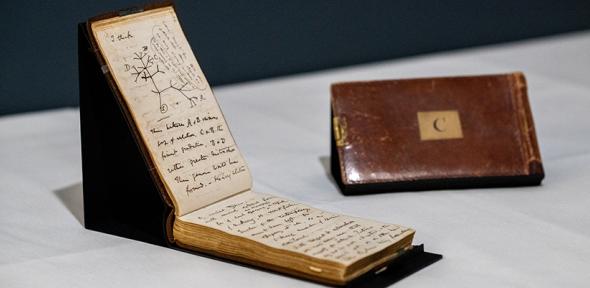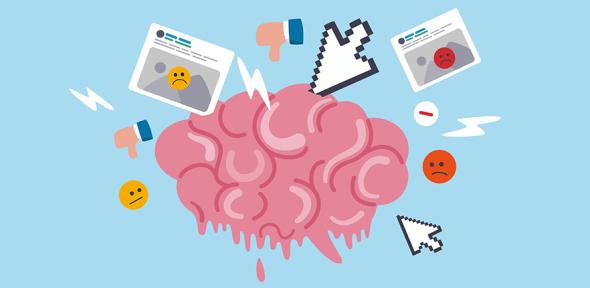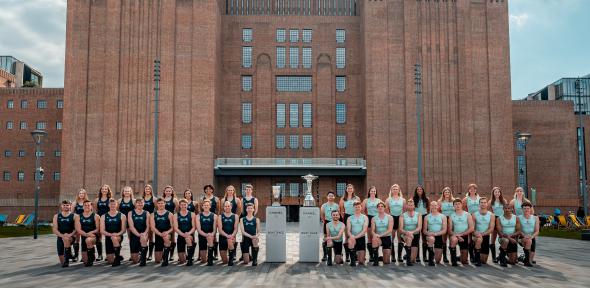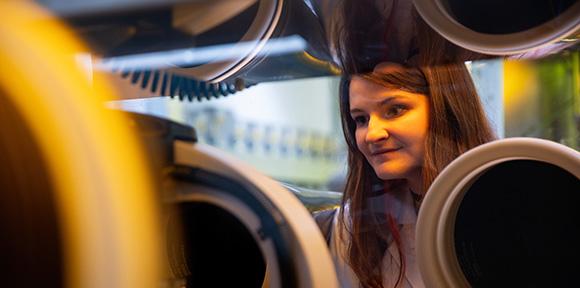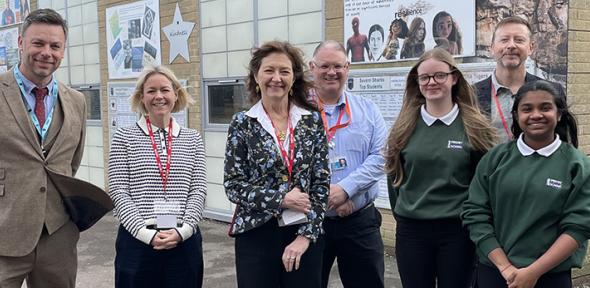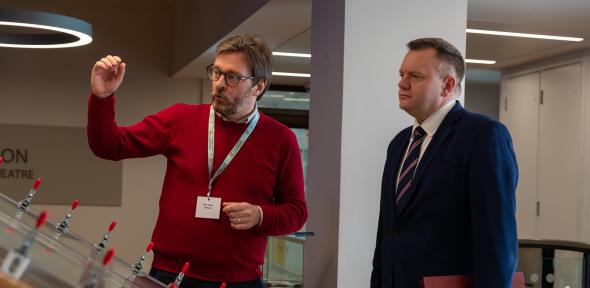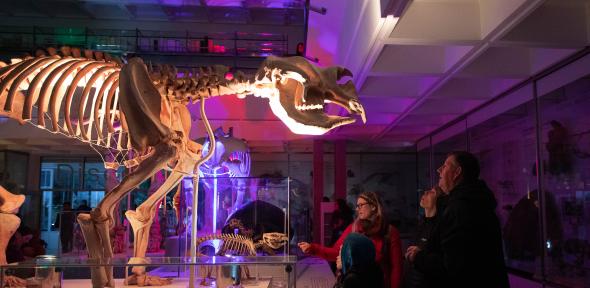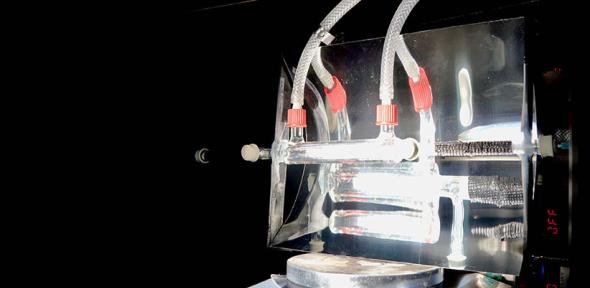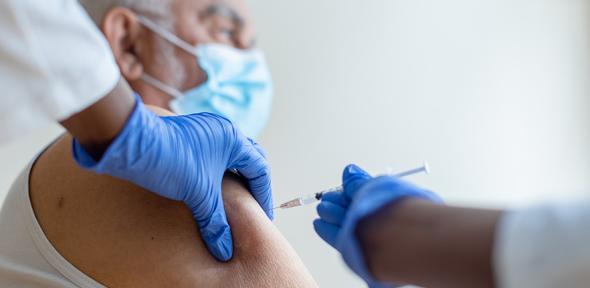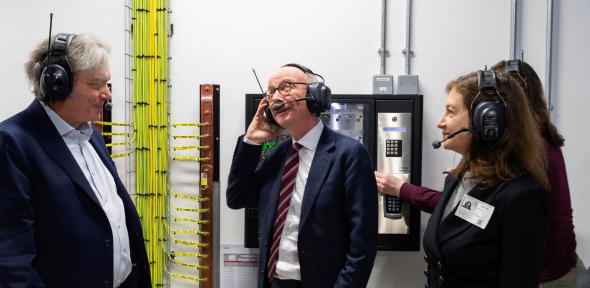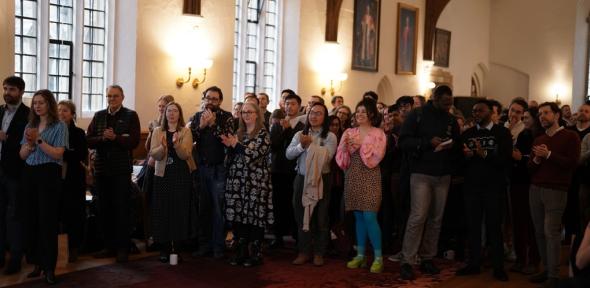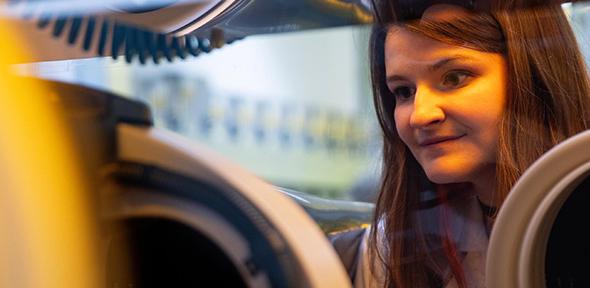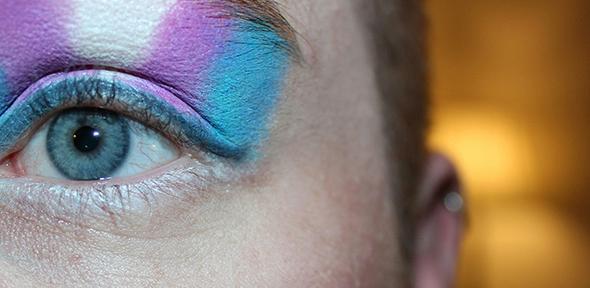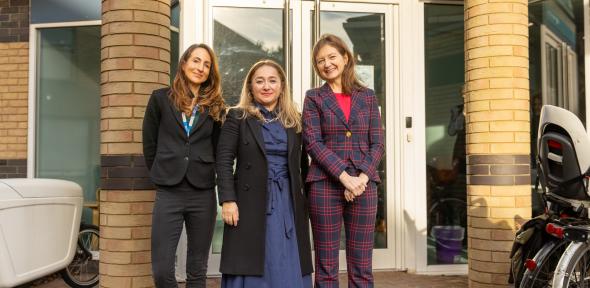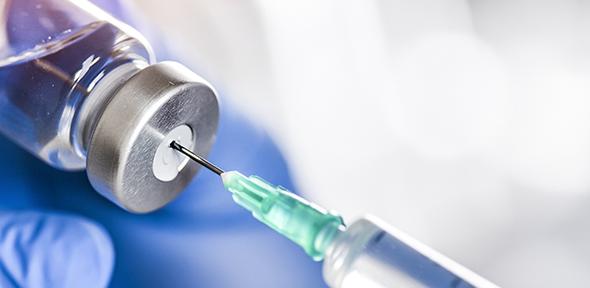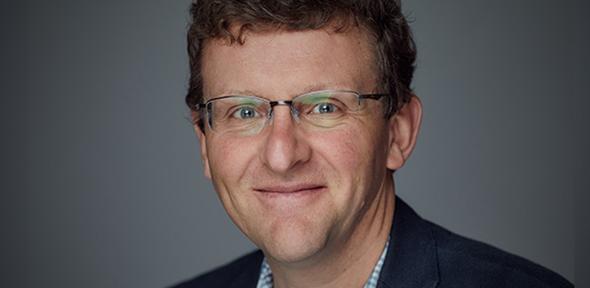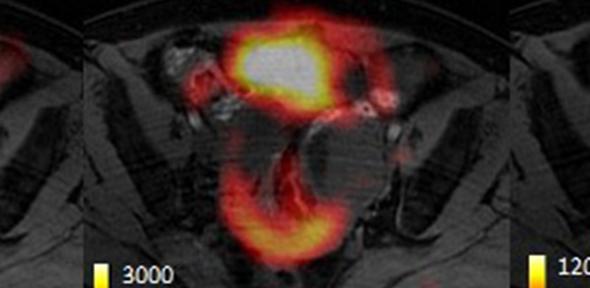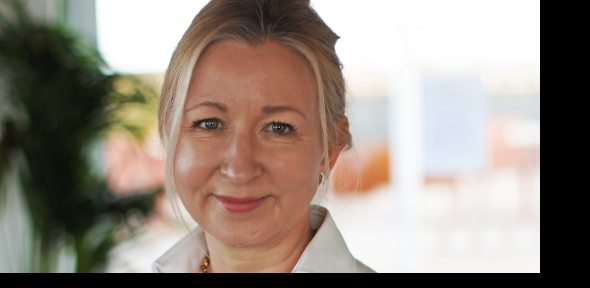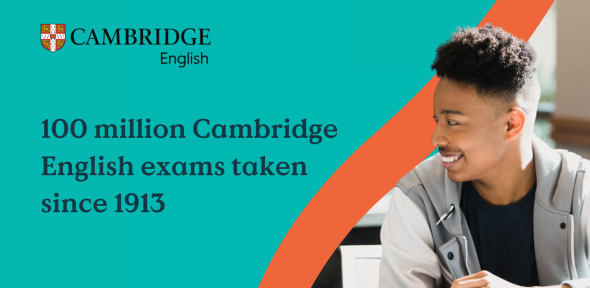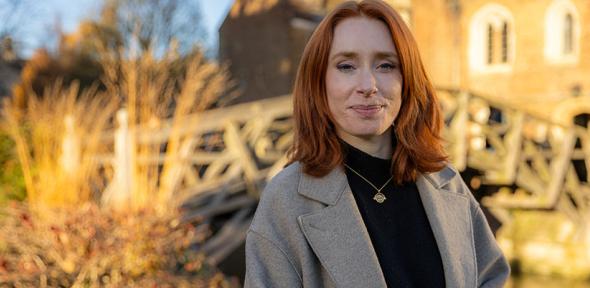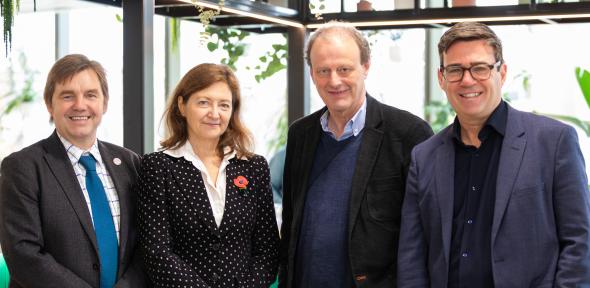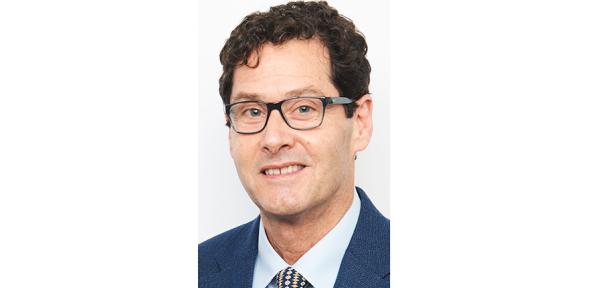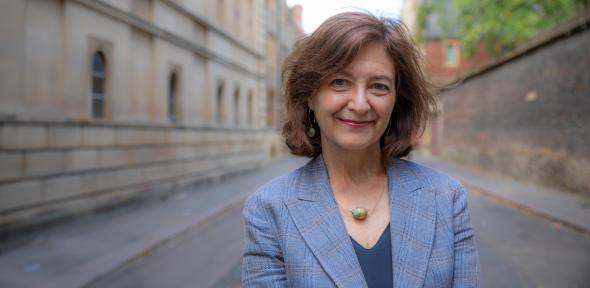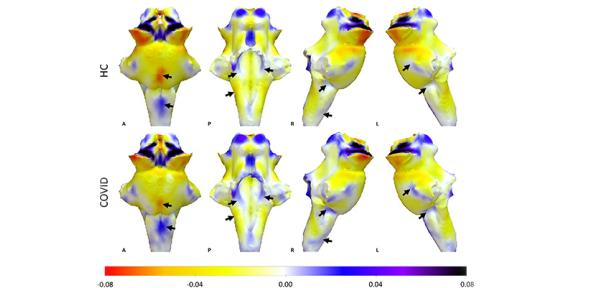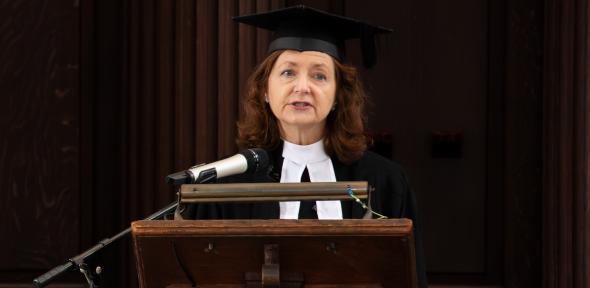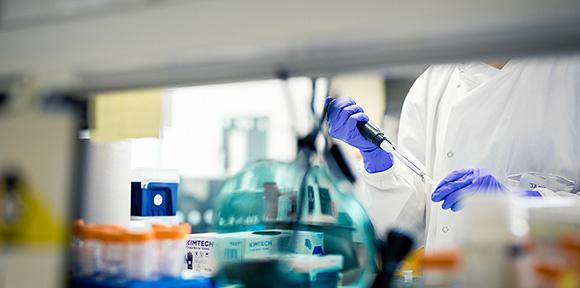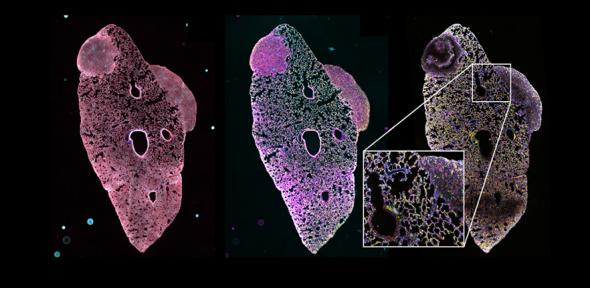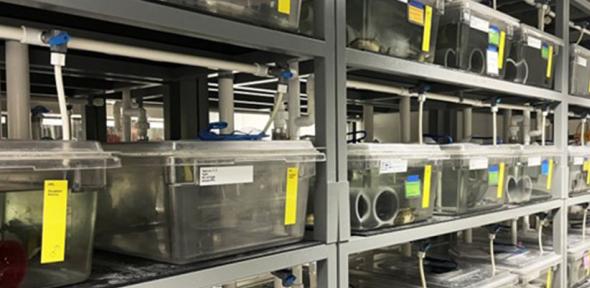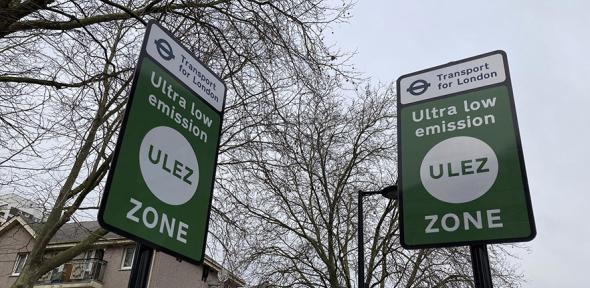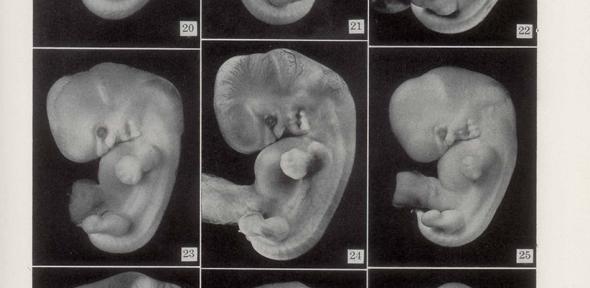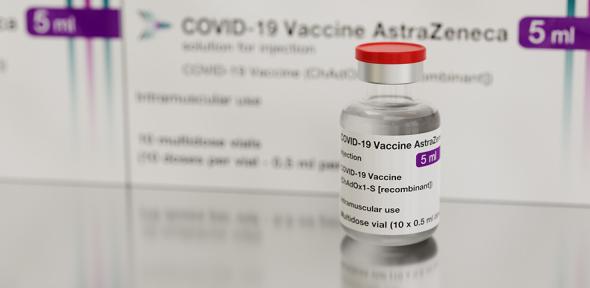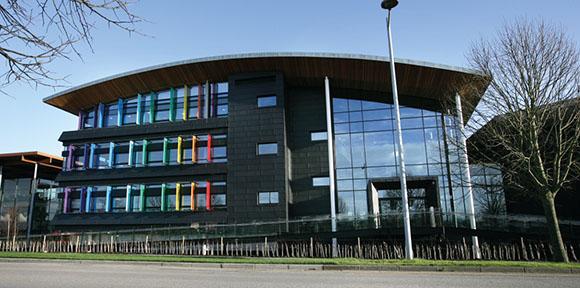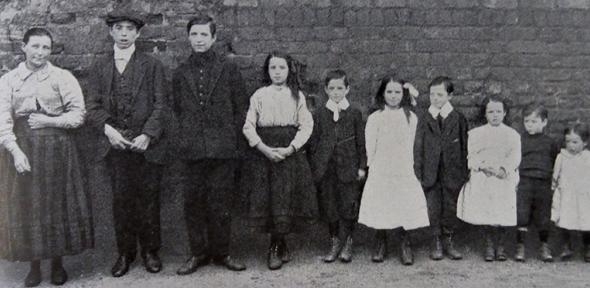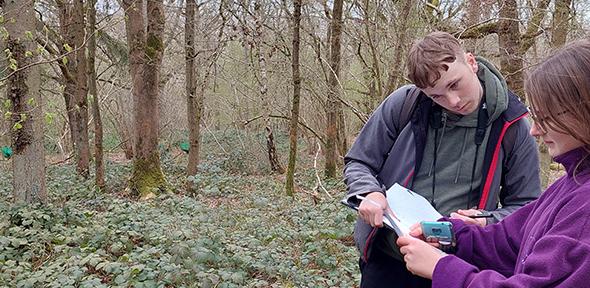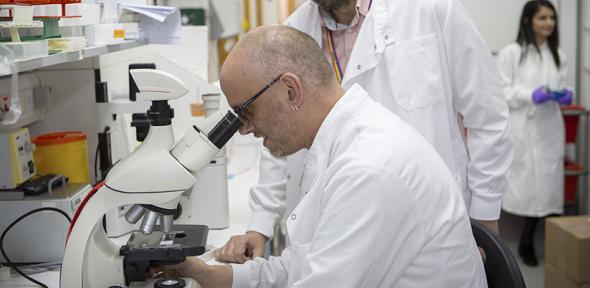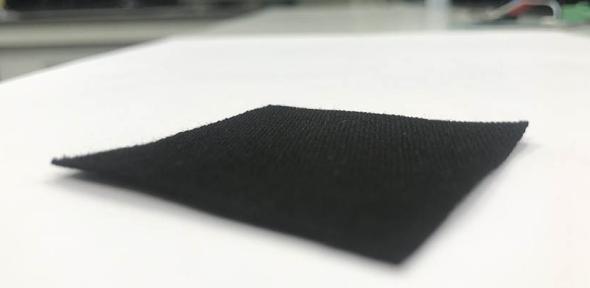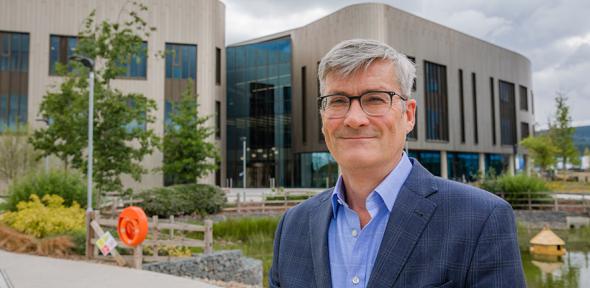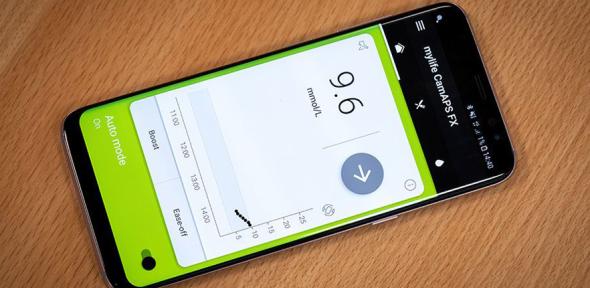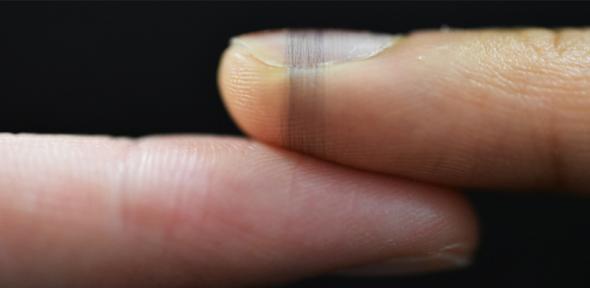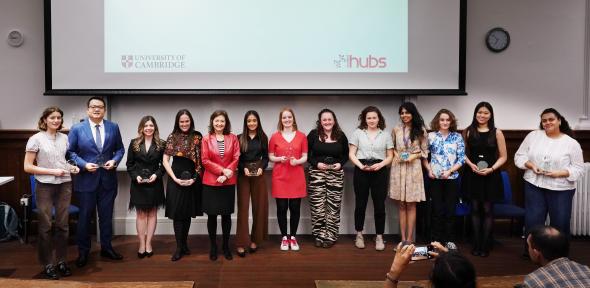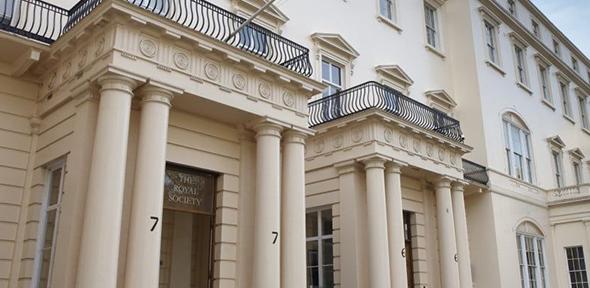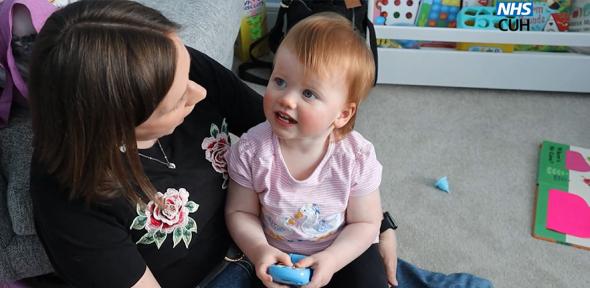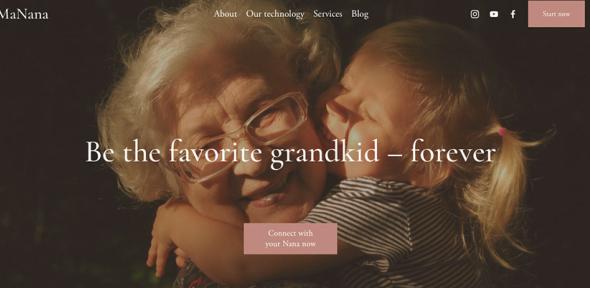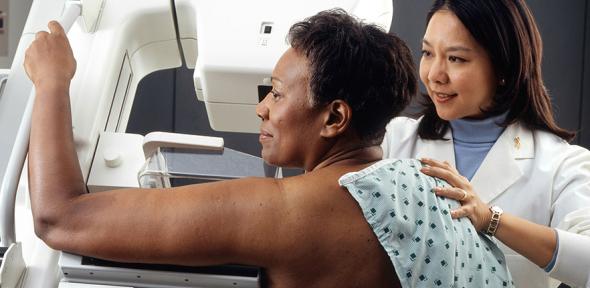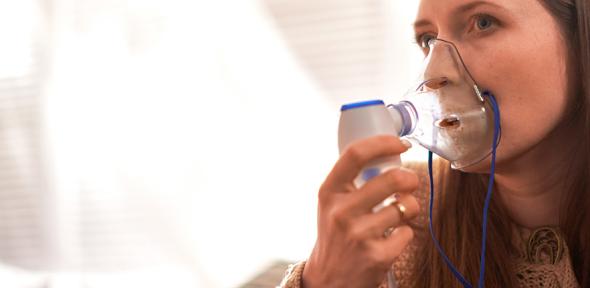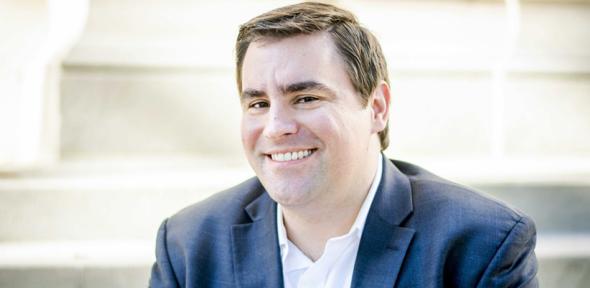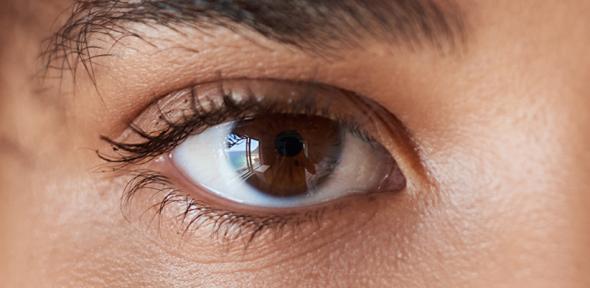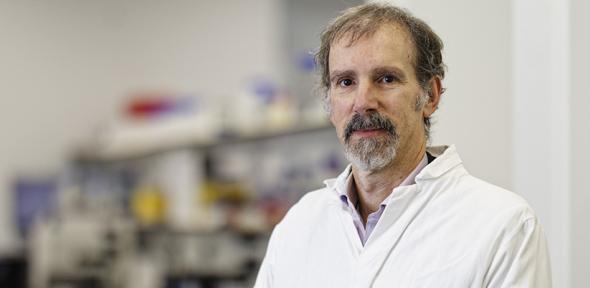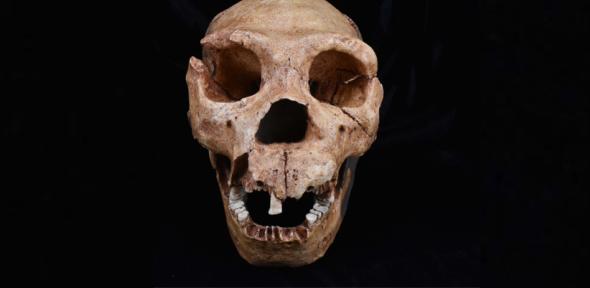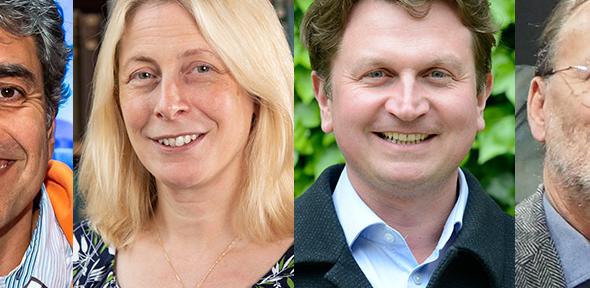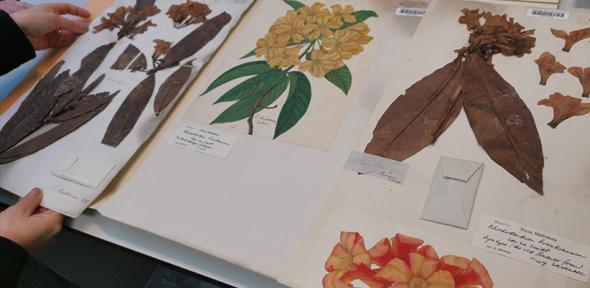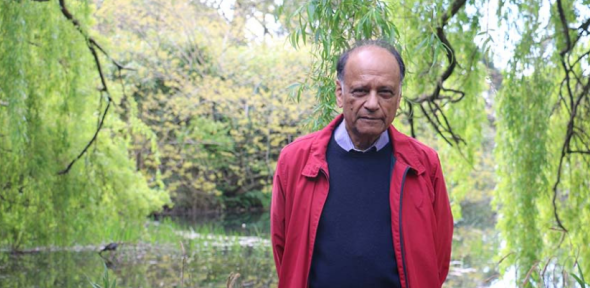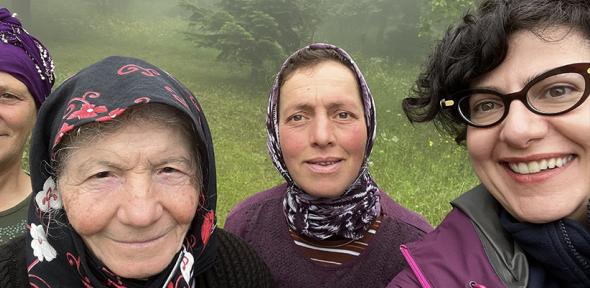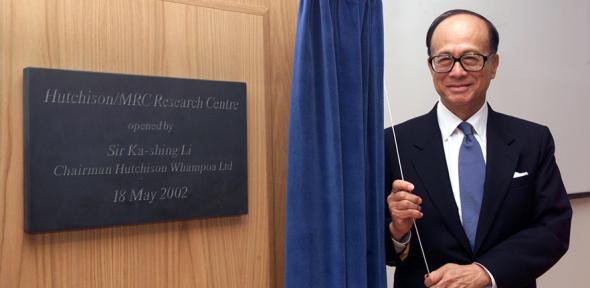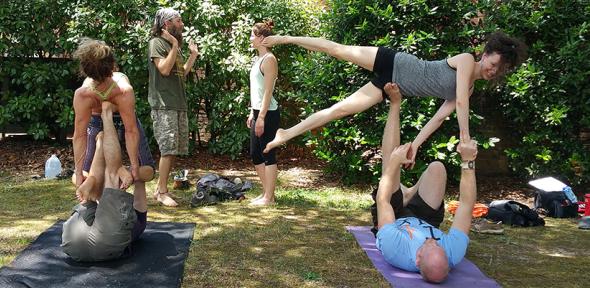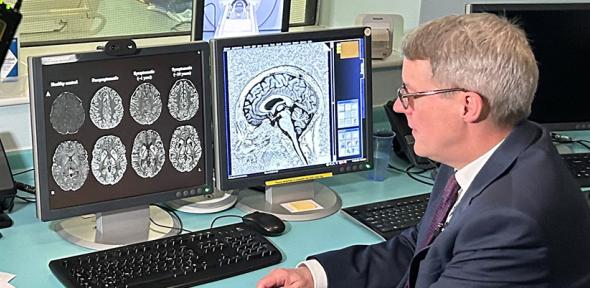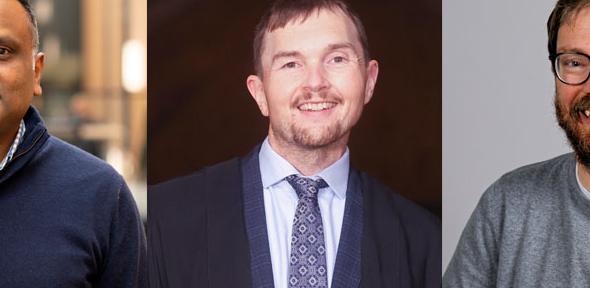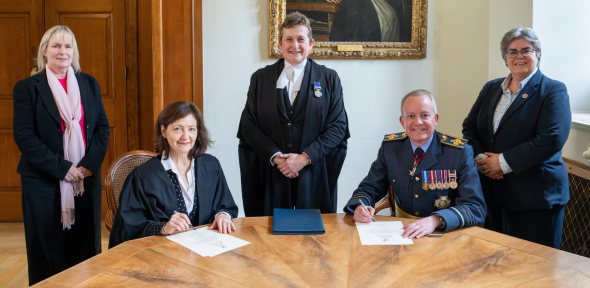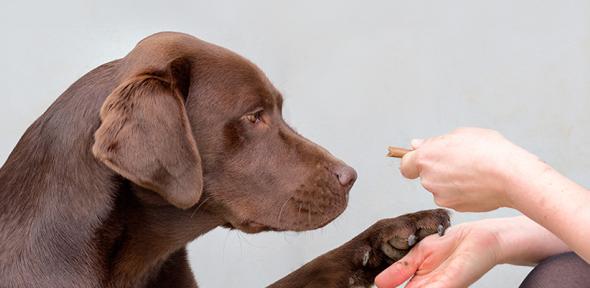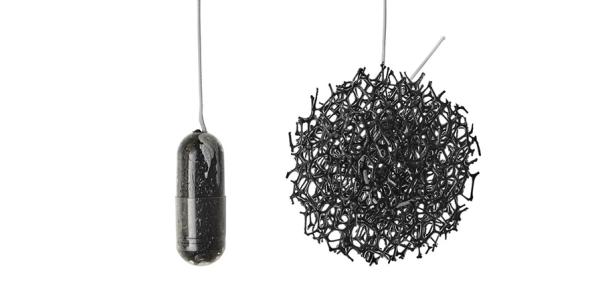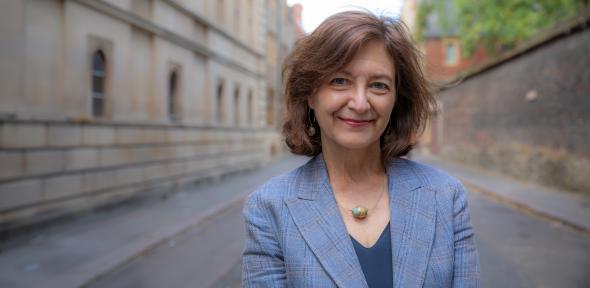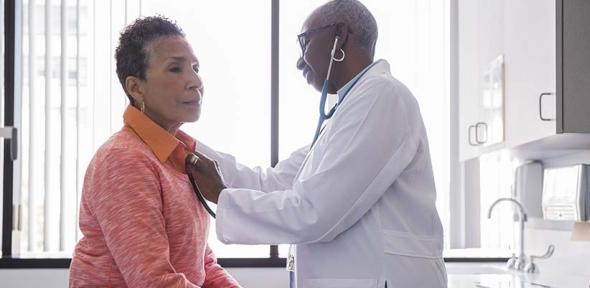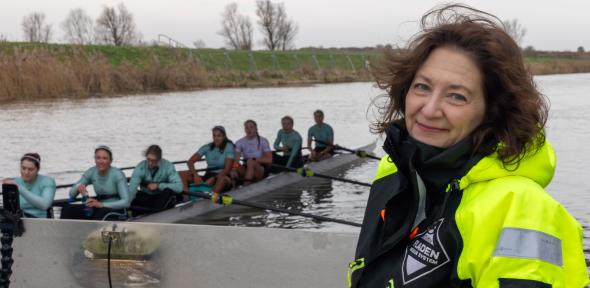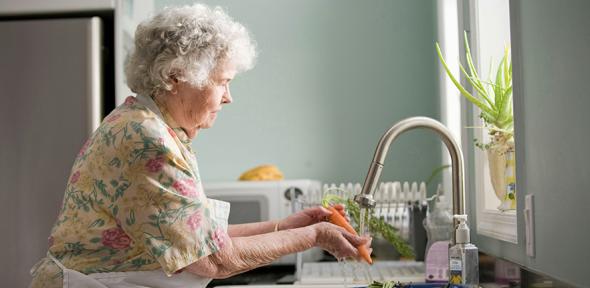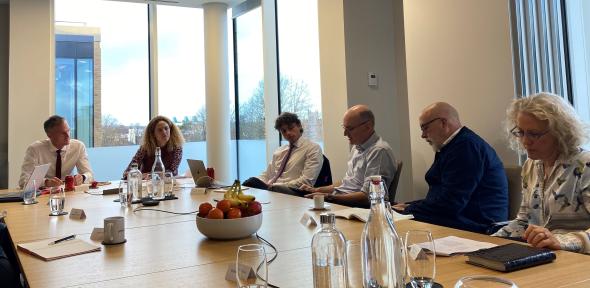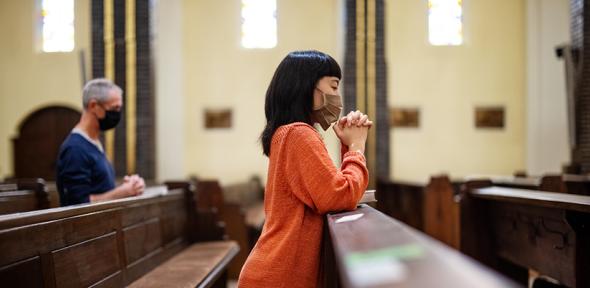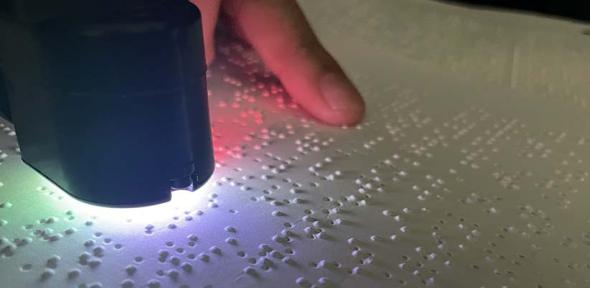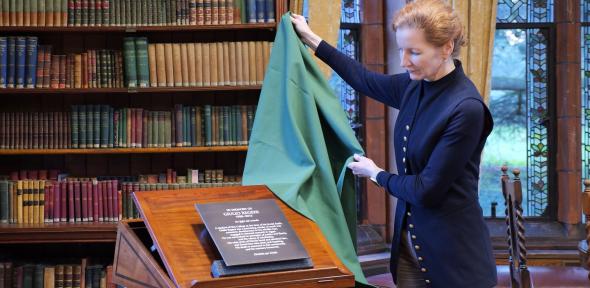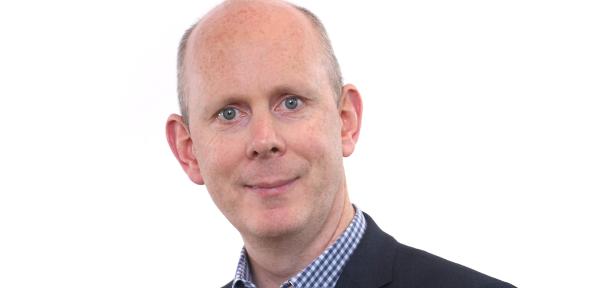Significant gaps in NHS care for patients who are deaf or have hearing loss, study finds

A team of patients, clinicians, researchers and charity representatives, led by the University of Cambridge and the British Society of Audiology, surveyed over 550 people who are deaf or have hearing loss about their experiences with the NHS – making it the largest study of its kind. Their findings, reported in the journal PLOS One, highlight systemic failures and suggest changes and recommendations for improving deaf-aware communication in the NHS.
“The real power of this study lies in the stories people shared,” said lead author Dr Bhavisha Parmar from Cambridge’s Department of Clinical Neurosciences (Sound Lab) and UCL Ear Institute. “Patients weren’t just rating their experiences – they were telling us how these barriers affect every part of their healthcare journey, and in many cases, why they avoid healthcare altogether.”
The study found that despite being a legal requirement under the Accessible Information Standards, NHS patients have inadequate and inconsistent access to British Sign Language (BSL) interpreters and other accessibility accommodations such as hearing loop systems.
Nearly two-thirds (64.4%) of respondents reported missing at least half of the important information during appointments, and only a third (32%) expressed satisfaction with NHS staff communication skills. Respondents said they had to rely on family members or advocates to communicate with healthcare workers, raising privacy and consent concerns.
The research found that communication barriers extend across the entire patient journey – from booking appointments to receiving results. Simple actions, like calling a patient’s name in a waiting room or giving instructions during a scan, become anxiety-inducing when basic accommodations are lacking. Respondents noted that hearing aids often must be removed for X-rays or MRI scans, leaving them struggling or unable to follow verbal instructions.
“We heard over and over that patients fear missing their name being called, or avoid making appointments altogether,” said Parmar. “These aren’t isolated experiences – this is a systemic issue.”
The idea for the study was sparked by real-life experiences shared online by NHS patients, particularly audiology patients– a field Parmar believes should lead by example. “We’re audiologists: we see more patients with hearing loss than anyone else in the NHS,” she said. “If we’re not deaf-aware, then how can we expect other parts of the NHS to be?”
The research team included NHS patients with deafness or hearing loss, who contributed to study design, data analysis, and report writing. As part of the study, they received training in research methods, ensuring the work was grounded in and reflective of lived experiences.
Co-author Zara Musker, current England Deaf Women’s futsal captain and winner of deaf sports personality of the year 2023 said her disappointing experiences with the NHS in part motivated her to qualify as an audiologist.
“The research is extremely important as I have faced my own experiences of inadequate access, and lack of deaf awareness in NHS healthcare not just in the appointment room but the whole process of booking appointments, being in the waiting room, interacting with clinicians and receiving important healthcare information,” said Musker. “I really hope that the results will really highlight that NHS services are still not meeting the needs of patients. Despite this, the study also highlights ways that the NHS can improve, and recommendations are suggested by those who face these barriers within healthcare.”
The researchers have also released a set of recommendations that could improve accessibility in the NHS, such as:
- Mandatory deaf awareness and communication training for NHS staff
- Consistent provision of interpreters and alert systems across all NHS sites
- Infrastructure improvements, such as text-based appointment systems and visual waiting room alerts
- The creation of walk-through assessments at hospitals to ensure accessibility across the full patient journey
“This is a legal obligation, not a luxury,” said Parmar. “No one should have to write down their symptoms in a GP appointment or worry they’ll miss their name being called in a waiting room. These are simple, solvable issues.”
A practice guidance resource – developed in consultation with patients and driven by this research – is open for feedback until 15 June and will be made publicly available as a free tool to help clinicians and NHS services improve deaf awareness. People can submit feedback at the British Society of Audiology website.
“Ultimately, better communication for deaf patients benefits everyone,” Parmar said. “We’re not just pointing out problems – we’re providing practical solutions.”
Reference:
Bhavisha Parmar et al. ‘“I always feel like I’m the first deaf person they have ever met.” Deaf Awareness, Accessibility and Communication in the United Kingdom's National Health Service (NHS): How can we do better?’ PLOS One (2025). DOI: 10.1371/journal.pone.0322850
A majority of individuals who are deaf or have hearing loss face significant communication barriers when accessing care through the National Health Service (NHS), with nearly two-thirds of patients missing half or more of vital information shared during appointments.

The text in this work is licensed under a Creative Commons Attribution-NonCommercial-ShareAlike 4.0 International License. Images, including our videos, are Copyright ©University of Cambridge and licensors/contributors as identified. All rights reserved. We make our image and video content available in a number of ways – on our main website under its Terms and conditions, and on a range of channels including social media that permit your use and sharing of our content under their respective Terms.


